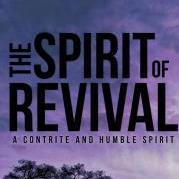Are Christians That Drink Wine Not Saved?
-
Topics
-
- 59 replies
- 2,172 views
-
- 6 replies
- 73 views
-
- 4 replies
- 123 views
-
- 0 replies
- 15 views
-
Calvinism is an incorrect understanding of soteriology 1 2 3 4 6
By Donut_brand_donuts, in Salvation Forum
- 88 replies
- 2,076 views
-











Recommended Posts
Archived
This topic is now archived and is closed to further replies.